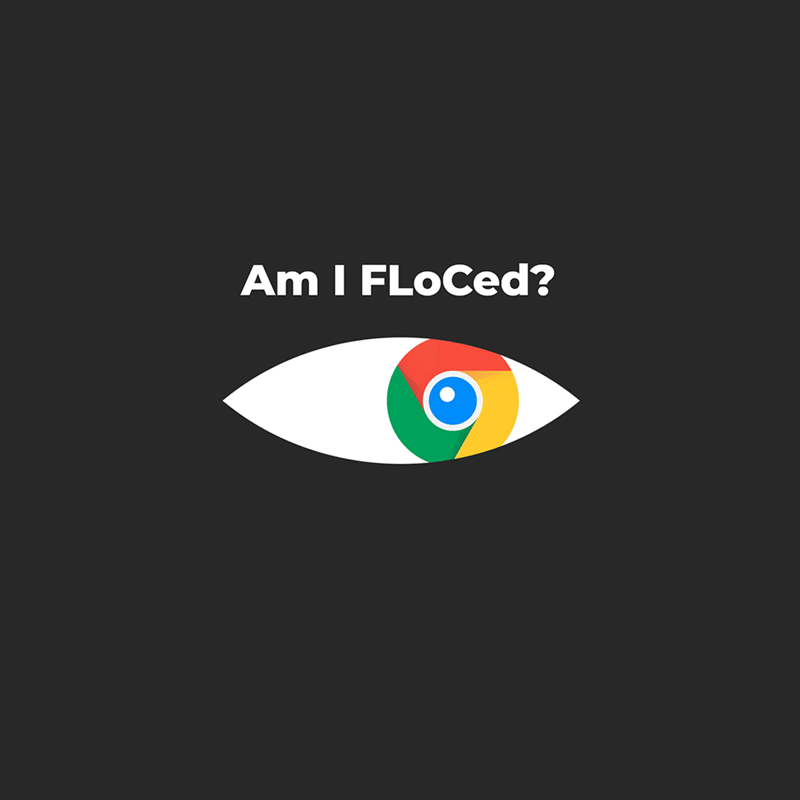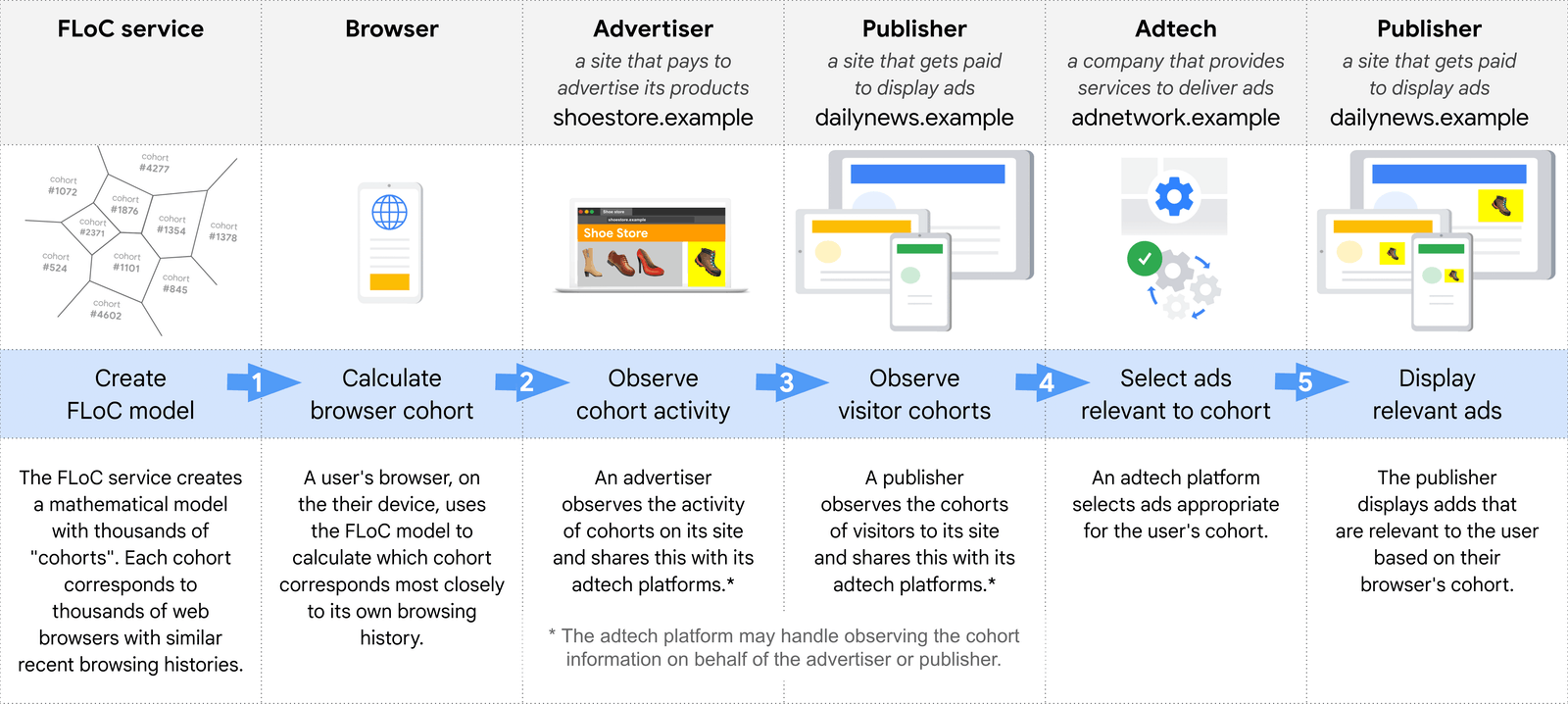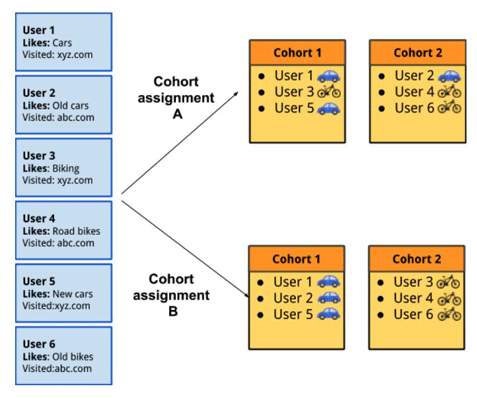
Google is one of the largest internet companies, meaning that anything it does can send ripples throughout the web.
When the company said that it wants to ditch third-party cookies, Google presents itself as valuing privacy more than ever by not tracking users across the web anymore.
By not relying on third-party cookies, the tech giant proposes a new piece of web technology called Federated Learning of Cohorts (FLoC).
While Google markets it as a step towards a more private and possibly a safer web, the initiative is not welcomed by some privacy-focused web browser makers.
DuckDuckGo, Brave, and Vivaldi have all announced that they want to disable Google’s FLoC, calling it "bad for privacy," a "step in the wrong direction,” and "nasty."
On its blog post, DuckDuckGo said that it is releasing a Chrome extension to block FLoC’s tracking:
Brave on the other hand, said on its blog post that it has removed FLoC in the Nightly version of both Brave for desktop and Android:
And as for Vivaldi on its own

What Google’s FLoC basically does, is replacing third-party cookies by grouping Chrome users based on their interests and demographics.
According to Google, FloC is a better alternative to third-party cookies.
This is a statement that some privacy advocates disagree. They argue that with FloC, users can no longer control their online visibility. Whereas with cookies, users of websites can simply disable them to prevent cookie tracking, with FLoC, Google is not needing any users' consent before tracking them.
They said that it's possible for this to happen because FLoC simply puts users in a group based on their browsing history, allowing any website to get that group FLoC ID to target and fingerprint them.

Google is said to move towards FLoC because it knows that cookies aren't reliable anymore.
While many websites relied legitimately on third-party cookies to maintain logins, users have the ability to block third-party cookies, and this would break these logins.
And because cookies are already abused for tracking, some browsers that value privacy have started blocking third-party cookies. As a result, websites and web marketers that experienced increasing difficulties due to those browsers' initiatives, have steadily moved towards alternative solutions for logins that do not rely on third-party cookies.
And Google knows it very well, that third-party cookies could be disabled by default in all browsers.
And FLoC is Google's answer to this shifting trends. While it seems that Google wants to value privacy, advocates think that Google only values its business.